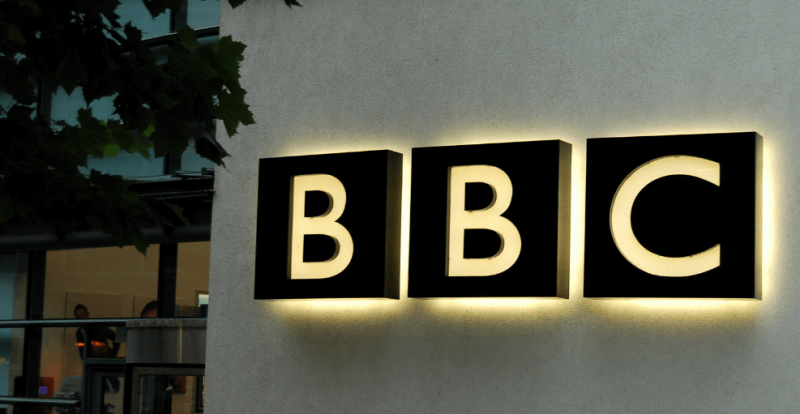TThe BBC has revised misleading and factually inaccurate statements about different farming systems on its exam revision website BBC Bitesize following a complaint lodged by pro-science think-tank Science for Sustainable Agriculture.
[Read GLP’s original article on the controversy here]BBC’s original post contained simplistic assertions aimed at students headed for university under General Certificate of Secondary Education and National 5 guidelines such as “intensive farming reduces biodiversity and increases pollution”, “organic milk and beef are produced without using antibiotics”, and “organic farmers do not apply pesticides to their crops”
 These factually incorrect statements have now been removed from the site.
These factually incorrect statements have now been removed from the site.
In its original letter to BBC director general Tim Davie, SSA pointed out that these statements were factually incorrect. Organic livestock farmers do use antibiotics (including those produced using GMOs), and they do use pesticides, some of which have been shown to have a more toxic and environmentally damaging profile than their synthetic counterparts.
SSA also observed that the BBC’s statement that intensive farming reduces biodiversity and increases pollution is not supported by the scientific evidence. For example, a 10-year study published in Nature in 2018, led by Professor Andrew Balmford, a conservation scientist at Cambridge University, found that the most effective way to keep pace with increasing human demands for food while protecting habitats and preventing further biodiversity loss is through high-tech, high yield production on a smaller footprint, allowing other land to be set aside for nature and carbon sequestration.
Commenting on the research, Professor Balmford said: “We found that the external harms of high-yielding systems quite often turned out to be much lower than those of more extensive systems, such as organic farming. In terms of nitrogen and phosphate losses, from different dairy systems, for example, the difference was a factor of two. So, if you want to reduce pollution, you should probably avoid organic milk.”
In a letter replying to the think-tank, BBC Head of Education Helen Foulkes thanked SSA for drawing these issues to the BBC’s attention, noting that “whilst we regularly review our content to ensure its fidelity and curriculum relevance, we always welcome expert feedback which holds us to account and helps us meet our editorial standards and obligations to young learners.”
Following an internal BBC review, cross-checked by independent education consultants, the letter from Ms Foulkes acknowledged that the statements highlighted by SSA were indeed “misleading” and “do no not reflect the changing science and views on the impacts of organic farming since this content was initially commissioned.”
Welcoming the changes made by the BBC to include more balanced and science-based information about different farming systems, the Science for Sustainable Agriculture advisory group issued the following statement:
These welcome changes by the BBC show just how important it is to stand up for the science. Many of us have warned for some time that we cannot afford to be complacent with something as fundamental as food security. The world needs to increase food supplies by 70% by 2050 to keep pace with a rapidly expanding global population, in the face of climate change and increasing pressure on the world’s finite natural resources.
The future for agriculture does not lie in turning back the clock, as some believe, but in embracing high-tech solutions, applying scientific data and evidence, and combining innovation with established best practice and knowledge from a range of farming systems. It is vital that future generations are guided by the science, not by outdated doctrine and ideology. That way we have the best chance of feeding an increasingly hungry, warming planet in the most sustainable way.
As well as removing these misleading statements from its educational material, we would urge the BBC to focus on some of the inspiring agricultural technologies – for example in genetics, digital science, precision engineering, AI and biologicals – which can help our farmers respond to the food security challenge while at the same time mitigating and adapting to climate change, protecting biodiversity and conserving precious natural resources.































